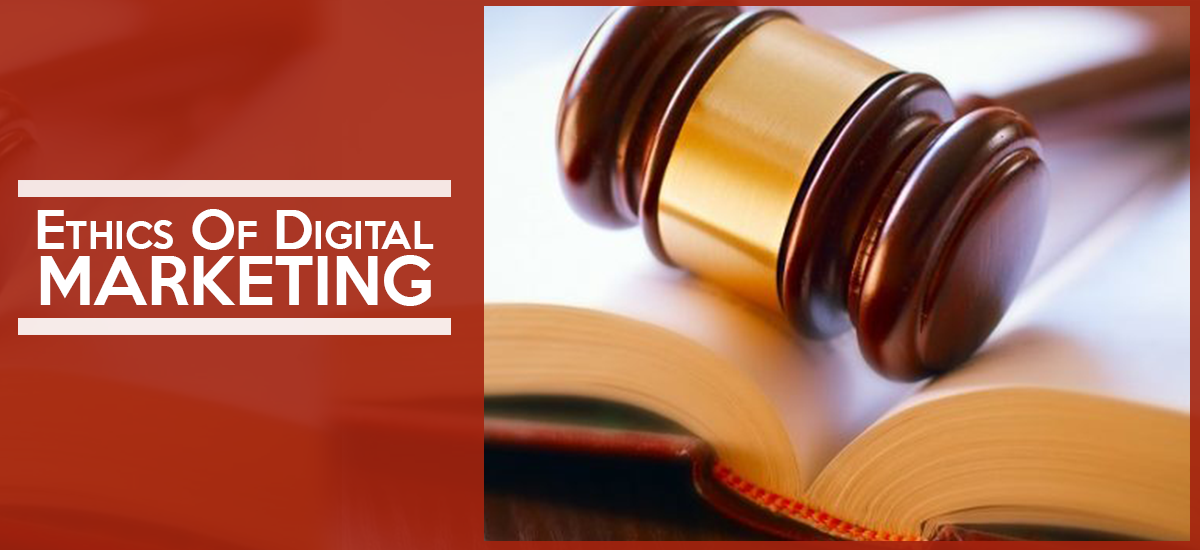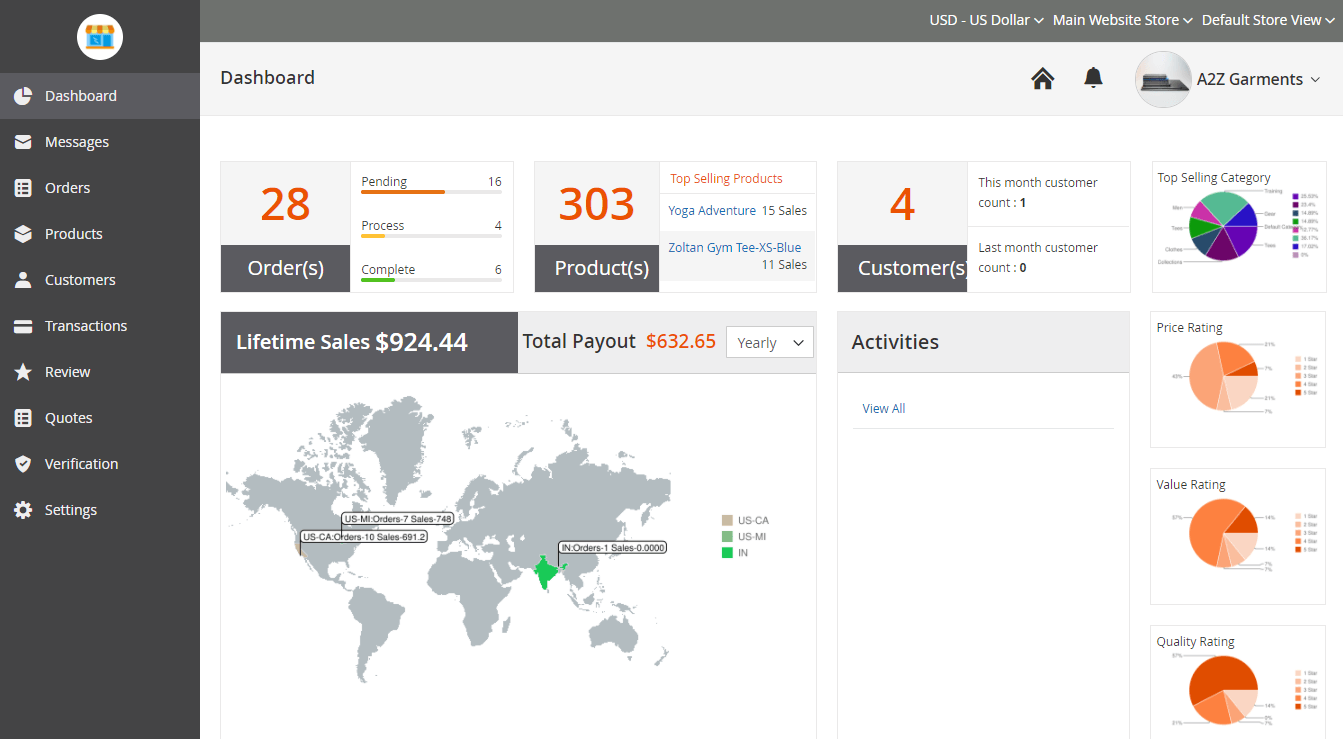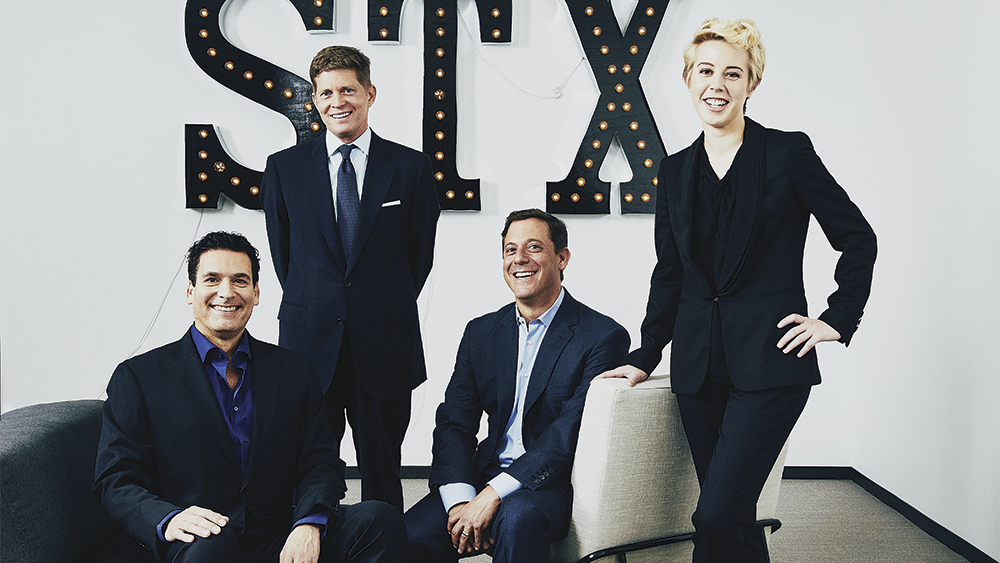The quantity of martech devices is growing quick. As indicated by the March 2016 MarTech Conference (San Francisco) there are more than 3,800 martech instruments (up 87% on 2015). As these devices turn out to be progressively effective, they enable advertisers to construct modern buyer profiles rapidly and effortlessly utilizing information discovered online – from web-based social networking systems and email accounts through to web-based saving money and promotion following.
The majority of this should be viewed as a positive advance forward, enabling advertisers to utilize shopper profiles to target more productivity and successfully while improving utilization of showcasing spending plans and enhancing ROI. In any case, as these profiles turn out to be all the more effective, there is the improving probability of people being focused on rudely, bringing up the issue of whether there ought to be an ethical line for computerized promoting? Should advertisers consider what they SHOULD do and not exactly what they CAN do?
For what reason does ethics come into it?
This is a grey area however marketers have an obligation to act ethically.
Obviously, there is a contrast between unlawful action and dishonest action. Capable brands are probably not going to act unlawfully as advertisers ought to be comfortable with security enactment. It is the untrustworthy exercises which can possibly truly harm brands.
Advertisers realize that a brand’s prosperity is based on shopper trust thus conveying on its guarantee is critical. On the off chance that a brand neglects to act ethically, regardless of whether this is done accidentally or intentionally, this trust is undermined. With these new martech apparatuses, it is anything but difficult to do only that.
Before, we have seen brands acting ethically finished their cases or endeavoring to be something they are not, hurting their brands (recollect Sunny Delight and Ratner’s?). With the new age of martech instruments, it winds up simpler than at any other time to violate ethical limits. For instance, the organizations that gave the well-known diversion application, Angry Birds, and the ‘Brightest Flashlight Free’ application have been utilizing these applications to track clients’ developments day in and day out and passing this data along to different organizations. Going about as smaller than expected GPS beacons, these applications gather data about where individuals go for the duration of the day. As it is preposterous to anticipate that buyers will know they’re being spied upon, these application organizations can be said to act deceptively, and should their activities end up open learning, it would undermine mark trust and significantly lessen downloads.
But who owns the data?
Our every development in the computerized world leaves a trail that can be followed. Different consent may well be given by purchasers when first joining to sites and applications; however, these authorizations are frequently without the customer’s dynamic information as organizations cover up what information they are ordering and for what reason. Many Custom Software Development Company uses this kind of data and information’s to get into the systems effectively and efficiently in order to get the audience and clients attracted to secure more work. For instance, authorization for organizations to re-utilize family photographs and recordings that have been posted onto systems, for example, Facebook, may well be covered in the T&C’s.
So at the same time individuals are utilizing a stage, information is being gathered by the brand and being utilized to improve an item. Would customers think of it as ethically adequate on the off chance that they discovered their own subtle elements and pictures somewhere else on the web without having given unequivocal authorization? Once more, numerous purchasers would consider this to be exceeding the ethical line.
The Moral dilemma:
A Moral dilemma reigns. The Internet is intended to be free from control and a power for good where thoughts and data can be openly traded. Be that as it may, who characterizes when something is ‘a power for good’ and when it’s alright for data to be ‘unreservedly traded’? Vast tech organizations are overwhelming Internet action and while by and large saw to be generous, they are progressively choosing what Internet opportunity should resemble. Investigating the accompanying illustrations demonstrates that their activities are not generally ethical.
- Google’s “don’t be malicious” aphorism appears to imply that if Google does it, it’s for the benefit of all. This is in spite of allegations of monopolistic practices in scan and being scrutinized for keeping an eye on shoppers to offer promoting. Google seems to need to characterize what is ‘great’.
- Facebook “encourages you interface and offer with the general population in your life”. Another method for taking a gander at this is it is a goliath showcasing stage for gathering information on individuals’ lives and after that pitching this to promoters.
- Unethical locales have taken advantage of Facebook to enable them to disperse ‘counterfeit news.’ This ‘news’ is so practical, and focused at individuals who have the penchant to trust it, that there are concerns it might have affected the way individuals voted in the U.S race.
- Twitter cases to help you to “get in-the-minute reports on the things that intrigue you” but then they aren’t straightforward about how clients’ information is sold on to sponsors.
If the world’s biggest tech organizations are not straightforward in their showcasing exercises this features the size of the ethical predicament the present advertisers must explore.
Exploring the ethical tightrope
It’s an energizing time to utilize digital tool as they are changing fast, however by disregarding the ethical measurement of martech devices, advertisers are in risk of undermining brand trust. Not too far off, we can see martech instruments which will quantify people groups’ passionate reaction to promotions through facial acknowledgment. To do this, purchasers must concede the stage access to their webcams, adding another measurement to the ethical labyrinth.
The landing of enormous information implies that there will be considerably more information accessible requiring all the more capable martech instruments. Thus, now’s the ideal opportunity for advertisers to get clearness around what is and isn’t ethical. There are presently a couple of rules around the ‘rights and wrongs’ in the realm of advanced advertising. Maybe it’s the ideal opportunity for organizations to present an ethical promoting handbook, influencing it to clear what is and isn’t satisfactory in the online world? By considering the brand harm that should be possible by acting ethically, this ought to be motivator enough for advertisers to survey their own particular and their organizations’ ethical compasses!
















Raghav Verma
May 6, 2018 at 8:14 am
Thanks for posting such a grateful information, It`s really informative for everyone, I want to suggest that is, Digital Marketing is the online Advertising service to promote the products and attracts customers and convert online, if anybody want to become expert in digital marketing ,then I would recommend take a <a href="Digital Marketing Course, then you get a complete knowledge of digital marketing strategy of digital marketing.
Raghav Verma
May 6, 2018 at 8:15 am
Thanks for posting such a grateful information, It`s really informative for everyone, I want to suggest that is, Digital Marketing is the online Advertising service to promote the products and attracts customers and convert online, if anybody want to become expert in digital marketing ,then I would recommend take a Digital Marketing Course, then you get a complete knowledge of digital marketing strategy of digital marketing.